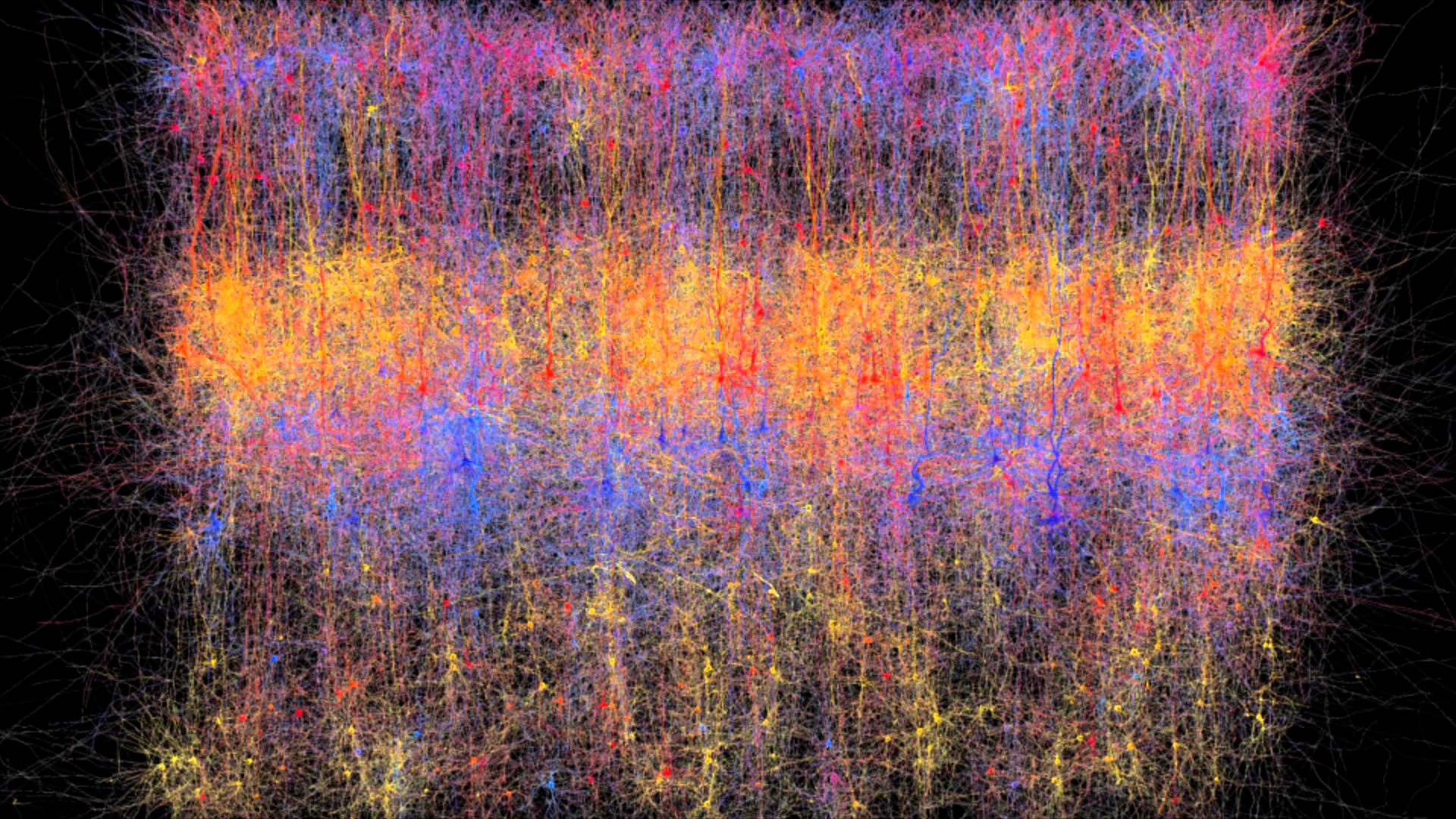
On Wednesday 30 March, the leaders of the Human Brain Project (HBP) unveiled the first elements of this grand project, which will bring together hundreds of researchers in a concerted effort to elucidate the secrets of the brain.
https://www.humanbrainproject.eu/
A group of six digital platforms have been made available, including supercomputers, software resources and databases, along with a range of programming tools for continuous improvement of the systems.
The goal is nothing less than the creation of a virtual brain! Specifically, the project will provide a focus for the data gathered and discoveries made by scientists all over Europe, allowing them to move forward together. The project is a long-term undertaking, as Karlheinz Meier, professor at the University of Heidelberg told the newspaper 24 Heures: "CERN has existed since 1954, and has made some truly wonderful discoveries—yet the mysteries of matter have not yet been entirely revealed. The brain shows a level of complexity comparable to that of matter, and like the CERN accelerator, the HBP is a platform built to last."
The goal is nothing less than the creation of a virtual brain!
The CHUV has now launched the HBP medical IT platform, the result of a highly successful collaboration between computer scientists and clinicians from ten international institutions. It offers new online tools for processing and analysing data concerning diseases of the brain. The medical IT platform provides access to numerous heterogeneous databases (from different hospitals and several research studies) and allows the information they hold to be combined, while ensuring patient anonymity – personal data are never transferred to researchers using the platform. The medical IT platform also allows users to collaborate on new tools for analysing and sharing their results. By facilitating access to hitherto little-used or unexploited data, the team at the CHUV, led by Bogdan Draganski and Ferath Kherif, of the Neuroimaging Research Laboratory (Laboratoire de recherche en neuroimagerie, LREN), hopes to use these new tools to accelerate research in neurology and, in the long term, identify biological markers for earlier and more precise diagnoses of certain brain diseases, such as Alzheimer's and Parkinson's.
The HBP research project is supported by one billion Euros of public funds, attributed by the European Commission over a period of ten years.